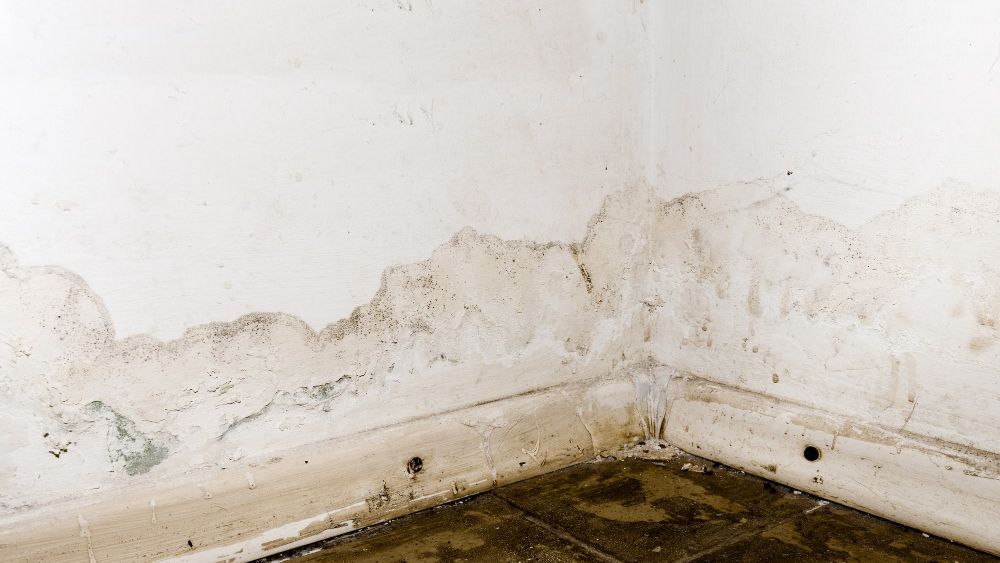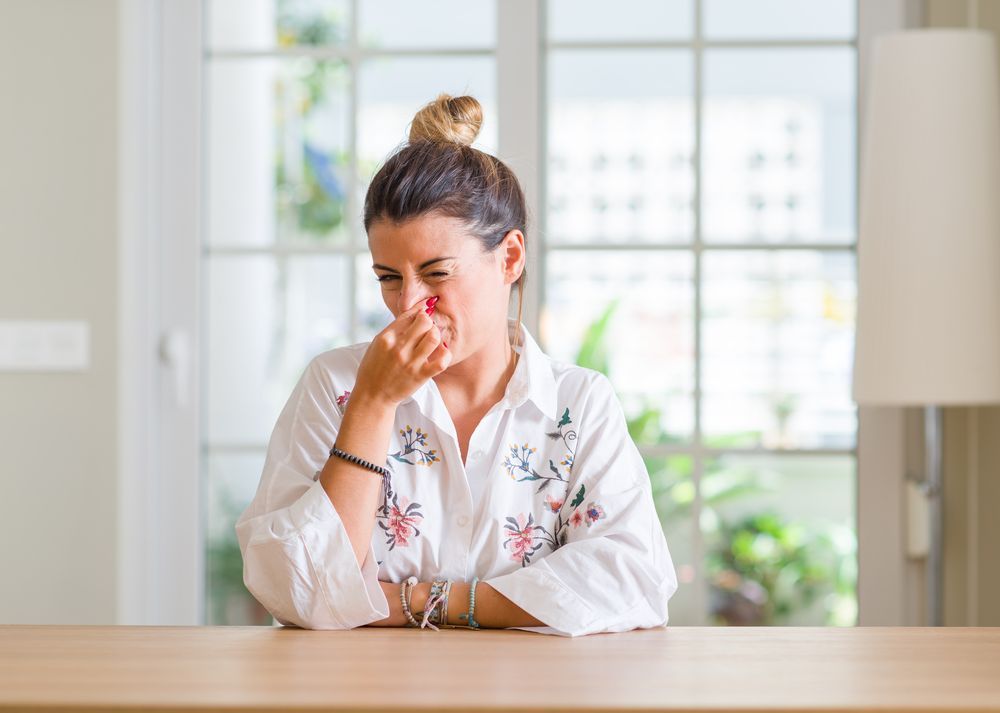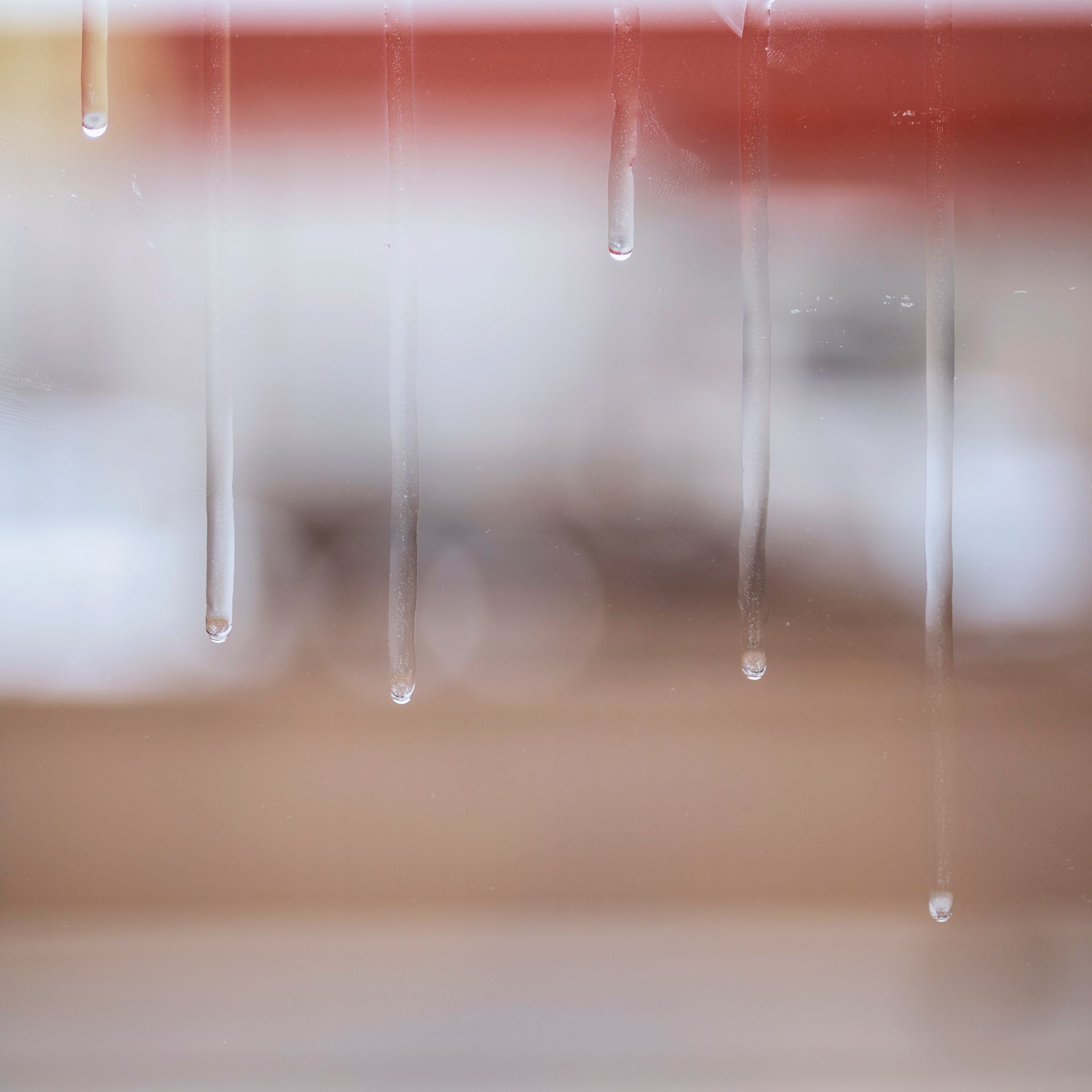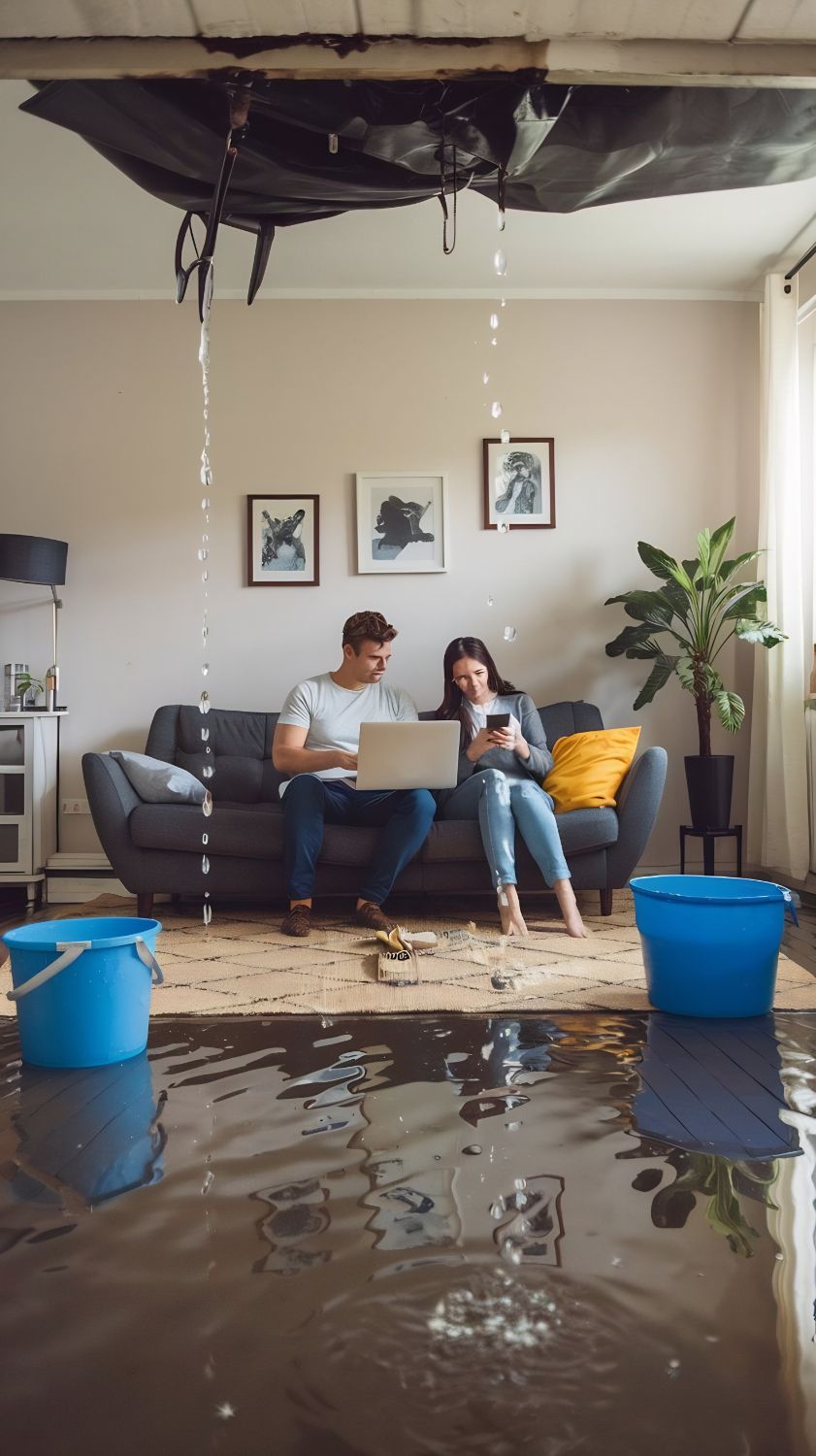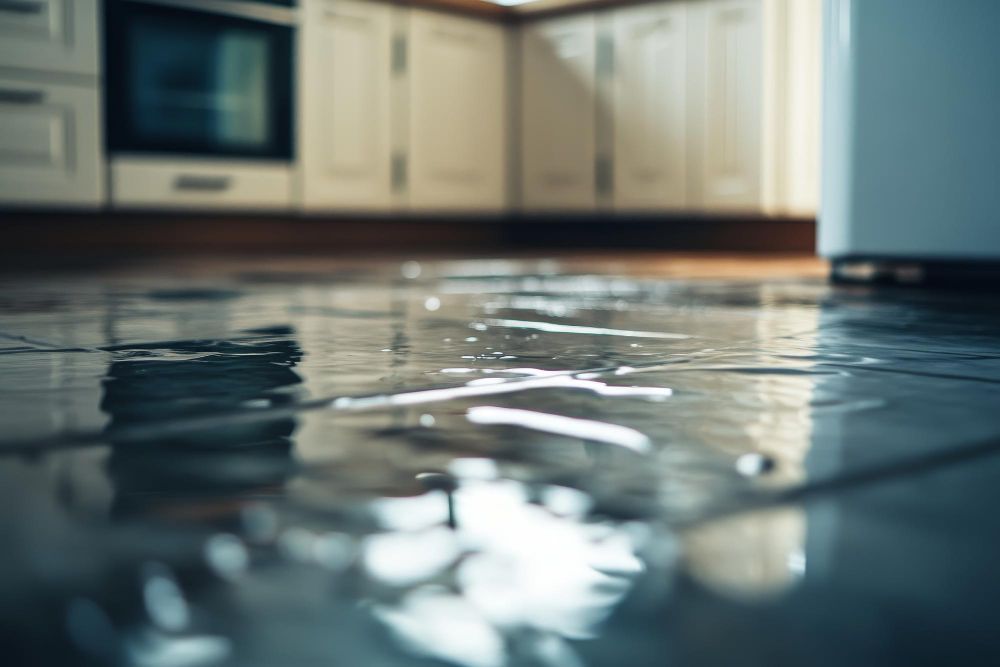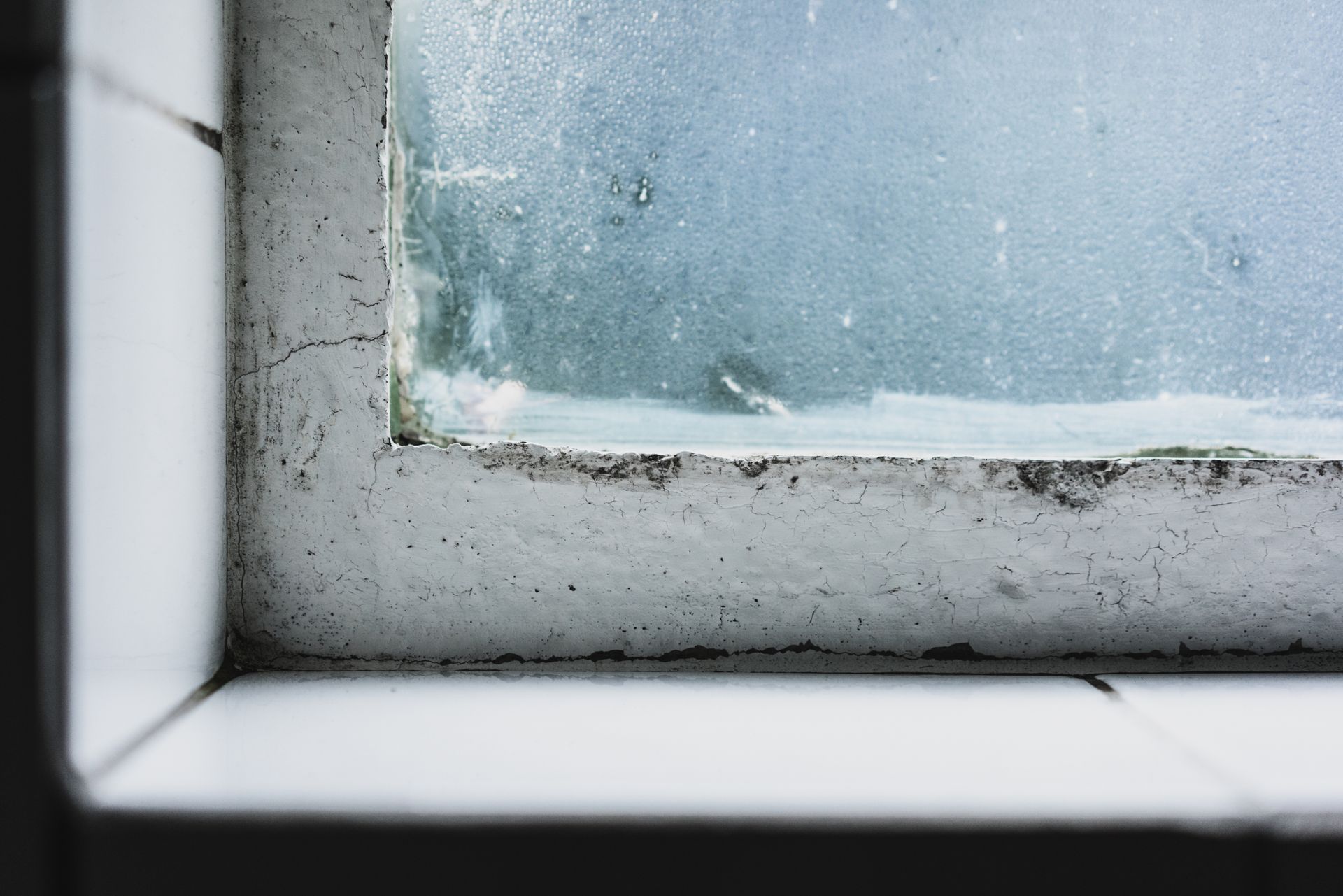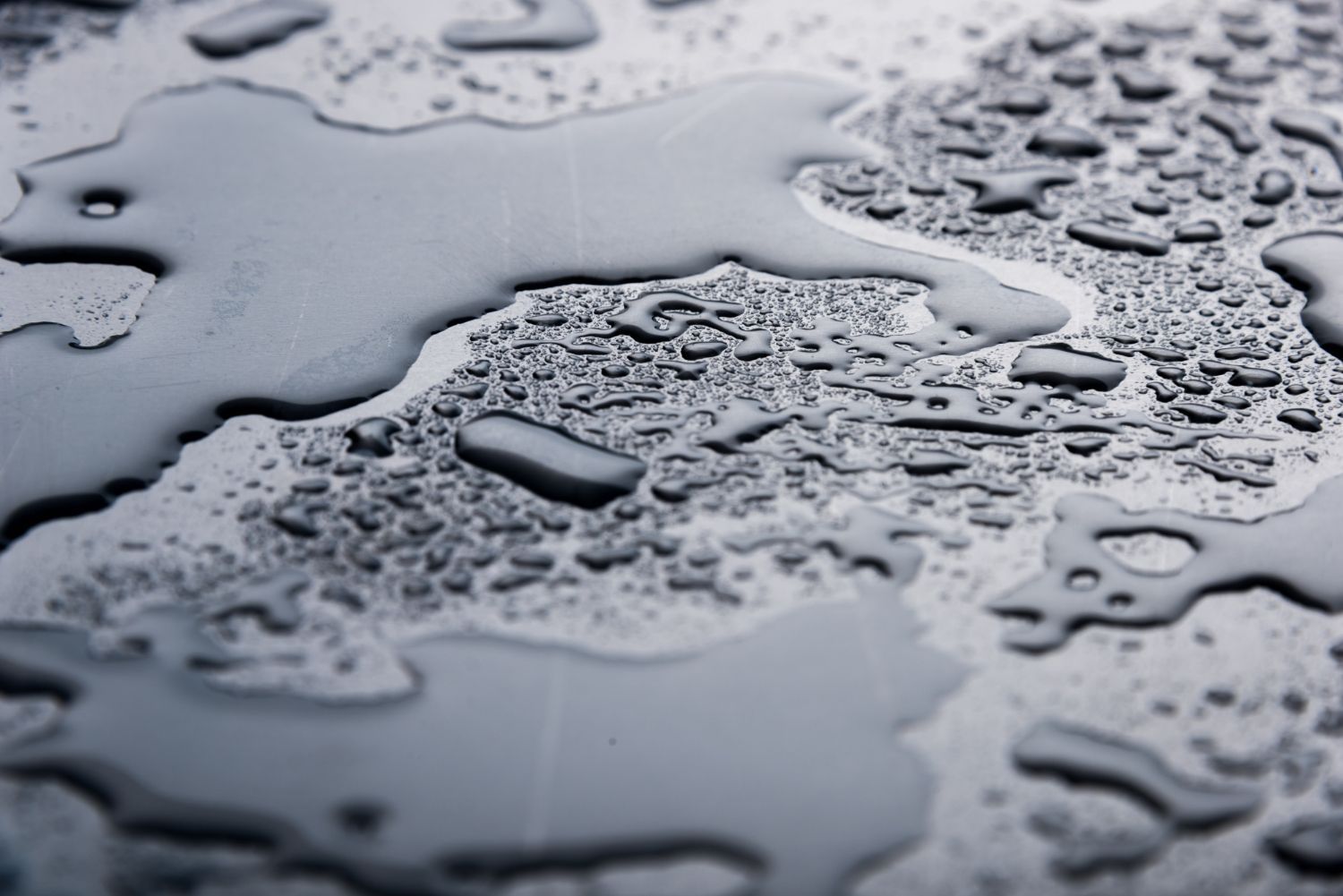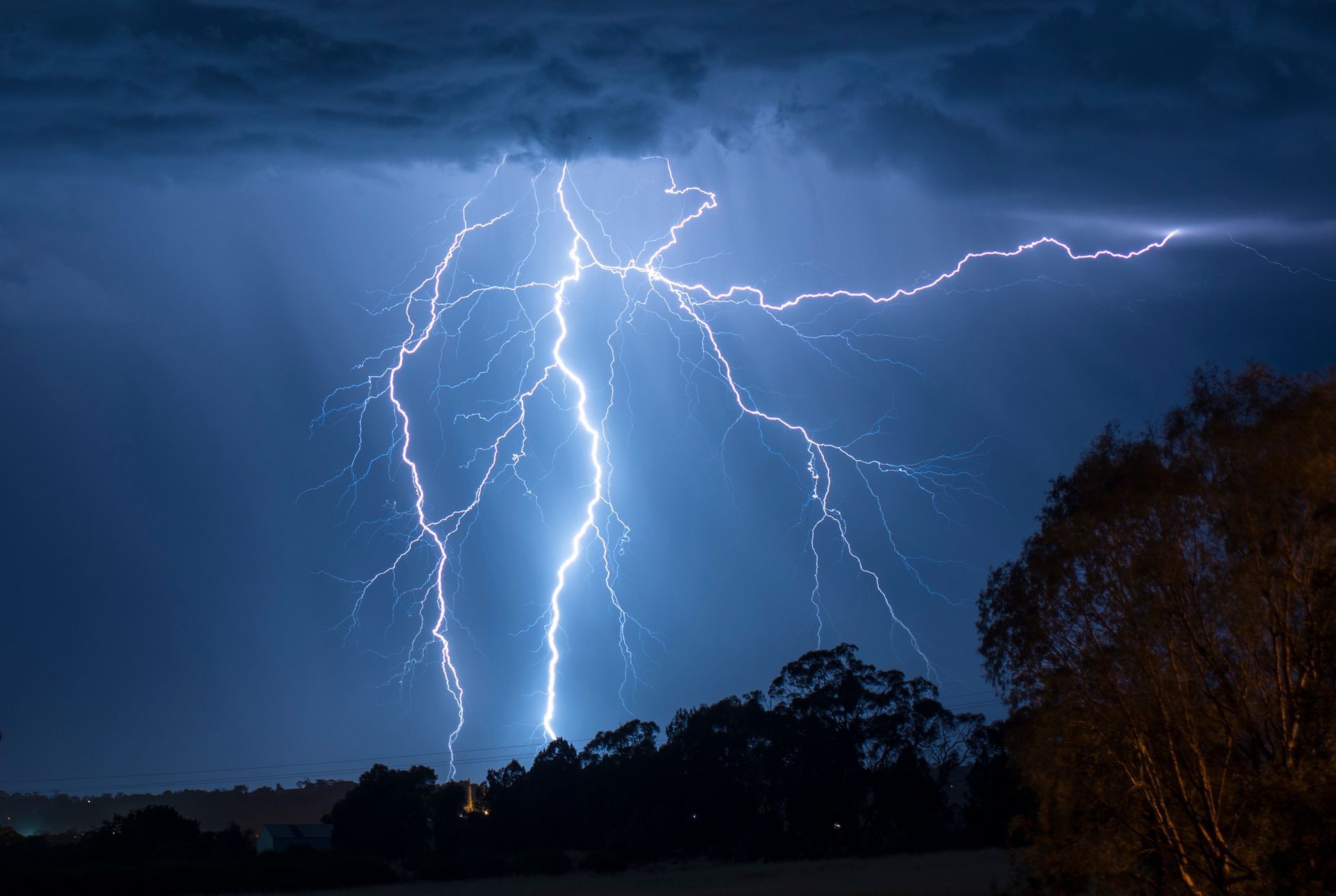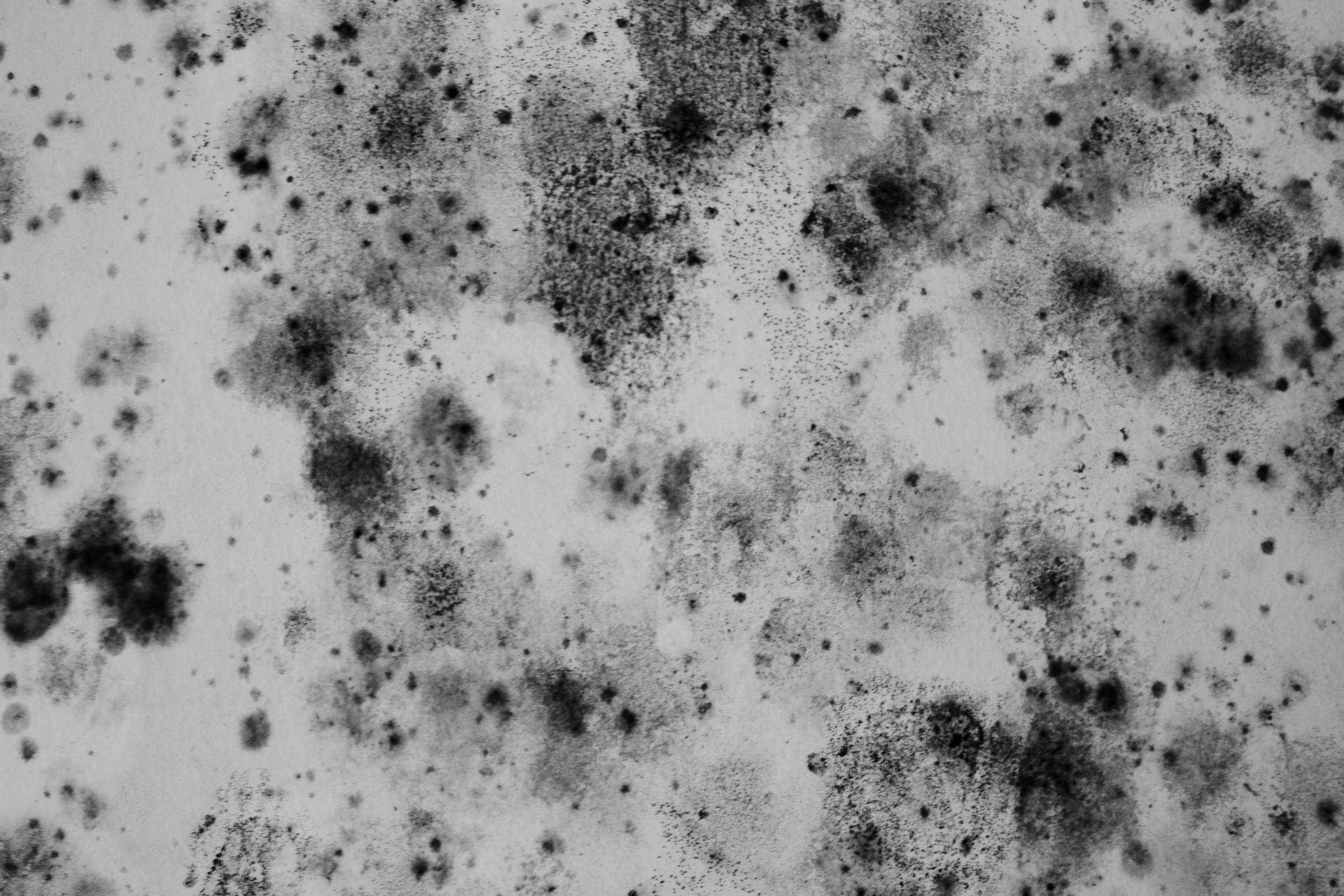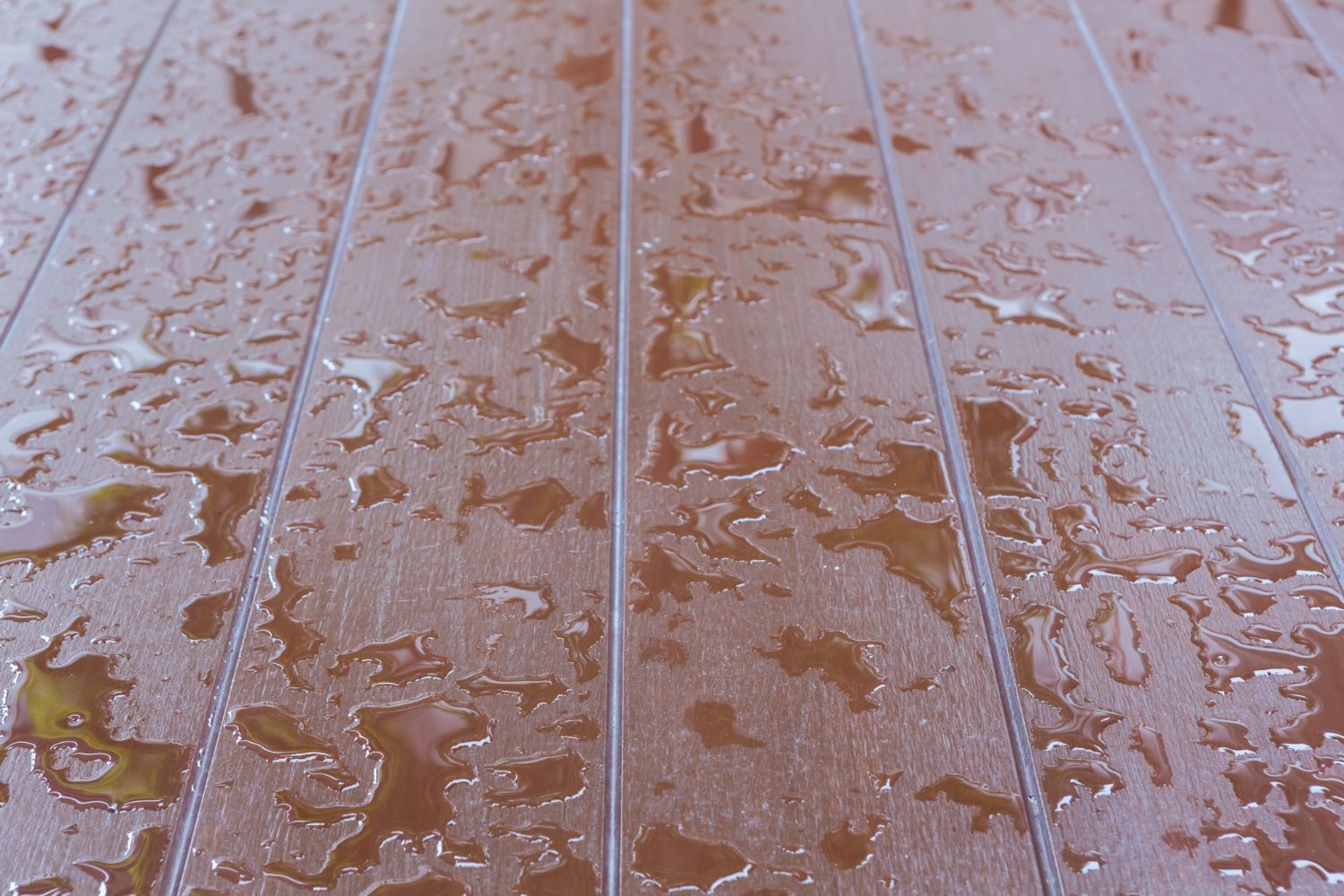
443-963-3718
Recovering after a Tornado hits!
Tornado season is almost here in Central Maryland, do you know what to do after a tornado hits your home?
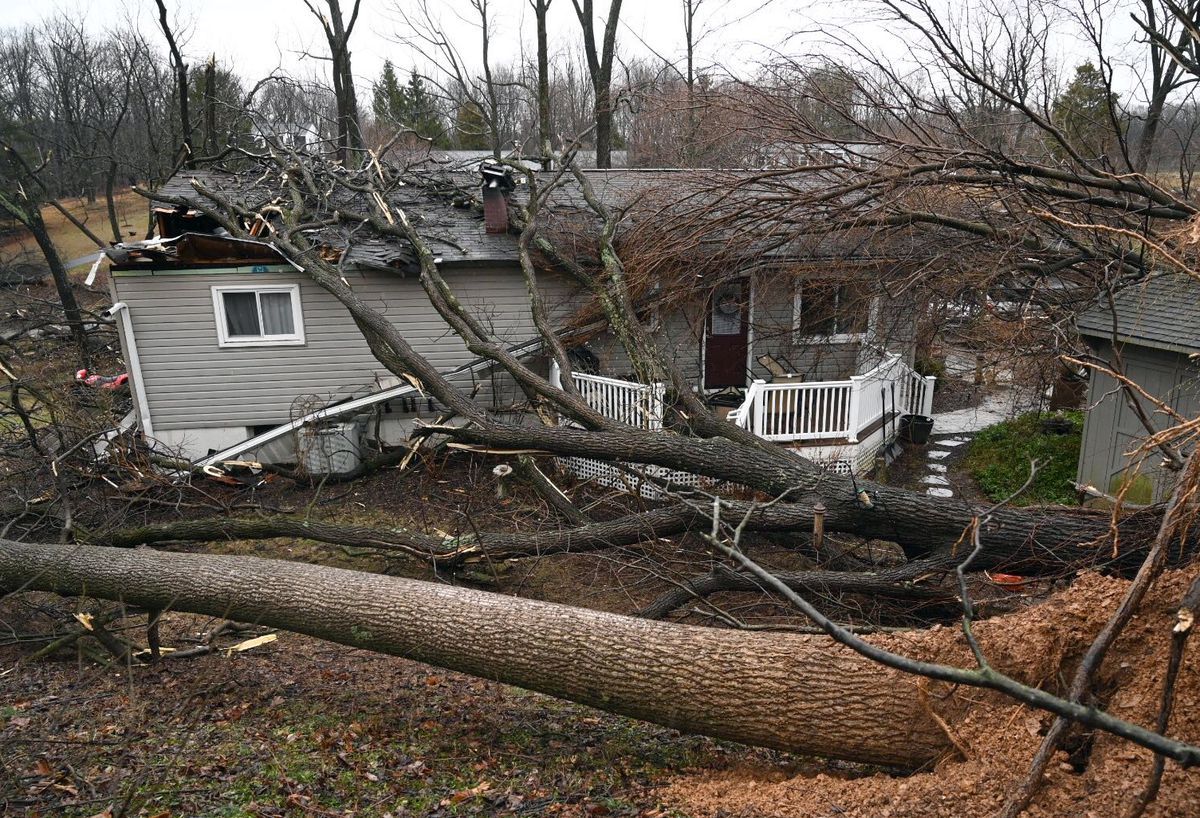
Are you ready for tornados and have a tornado disaster plan? It’s a gradual process to recover from any disaster, but the better prepared you are, the easier and faster your recovery can be.
Central Maryland has their share of tornados, so review the guidelines below to make sure you know how to recover from a tornado if one damages your home.
The Tornado Recovery Process
A post tornado disaster plan should cover many criteria such as:
Health and safety of everyone
- Does anyone need medical attention, so quickly check for injuries.
If someone is seriously injured, do not move them unless they’re at risk of immediate danger. Call 911 for help.
- Tune in to your local news or weather radio for updated information and instructions, such as where you can shelter if need be, accessing emergency clothing, food and water from the Red Cross, FEMA, and other city and state volunteer agencies.
- Never return until the authorities tell you it’s safe.
- Make sure your drinking water is safe and do not drink, brush teeth, or wash hands or dishes with water until it has been declared safe.
- It is advised to boil water if you are unsure it is safe. You can boil the water for one minute, then let it cool and then store it in clean, covered containers.
- Throw away all foods and food containers that have come in contact with floodwater, including cans and water bottles, even if they appear sealed and ok.
- If you are unaware of your sewer lines being intact, then do not flush toilets until you know they are properly functioning.
- It is best to use battery powered lighting instead of candles.
- Keep an eye on your pets and keep them under control.
Communication
If possible, only use the telephone for emergency calls and keep a battery-powered radio on hand at all times.
Travel
Until you are told it is safe, stay off the streets.
- When it is safe to travel, only travel when roads have been cleared of debris and stranded vehicles and only when absolutely necessary.
- Watch out for washed out roads, unsafe structures (building, bridges, etc.), downed power lines, chemicals spills, animals, and other health and safety risks.
Rebuilding
Entering a damaged building can pose serious injury, so when in doubt, consult qualified building inspectors prior to entrance.
- Flood damaged areas should be avoided until it has been declared safe by authorities.
- When surveying the damage, wear long pants, a long sleeve shirt, and sturdy shoes.
- Turn off all utilities at the source (water, gas, electricity) if it is safe to do so.
- All appliances should be unplugged and allowed to dry out.
- Report downed or damaged power and gas lines to the utility companies immediately.
- Immediately vacate the premises and notify the fire department and gas company if you smell gas.
- If there are spilled medications, chemicals, and flammable liquids that could pose fire and safety hazards, alert the appropriate agency.
- For insurance claims, it’s best to take photos/videos of damaged structures and contents.
- Don’t exhaust yourself and set priorities
- If you need to clear a flooded basement, do it slowly, draining about 1/3 per day, to prevent building collapse and other foundation damage.
- If you need to rebuild, then consider adding a tornado safe room. Check for funding grants in your area, especially if you don’t have insurance.
- Keep good records of all cleaning and repair costs and necessities replaced for insurance reimbursement.
Professional help
Always employ the most reputable, professional disaster recovery services, and avoiding drive-by, or transient help to avoid being ripped off or poorly done repair work that may cost you more by having it re-done.
- Reinforce your home’s structure when rebuilding with the appropriate materials such as anchors, clips, straps.
- If you live in one, permanently attach a manufactured home to its foundation.
- Have your utilities tested for safety such as, electrical, gas, and water before restoring operations.
- Wells need to be pumped out and the water tested for contaminants before drinking.
- Have a plan in place to let everyone know you are safe.
- You can register for the American Red Cross Safe and Well program by web site or phone (1-866-GET-INFO) to let family and friends know you're safe.
- You can use social media by stating you are safe.
Be prepared before and after if a tornado comes your way.
If you need tornado disaster restoration, Contact Restoration 1 Central Maryland for an in-depth assessment and estimate for our professional restoration services.
